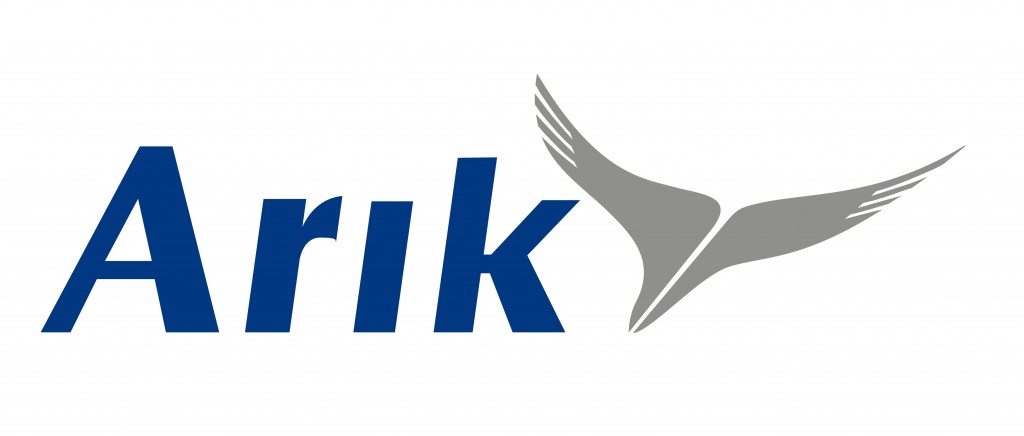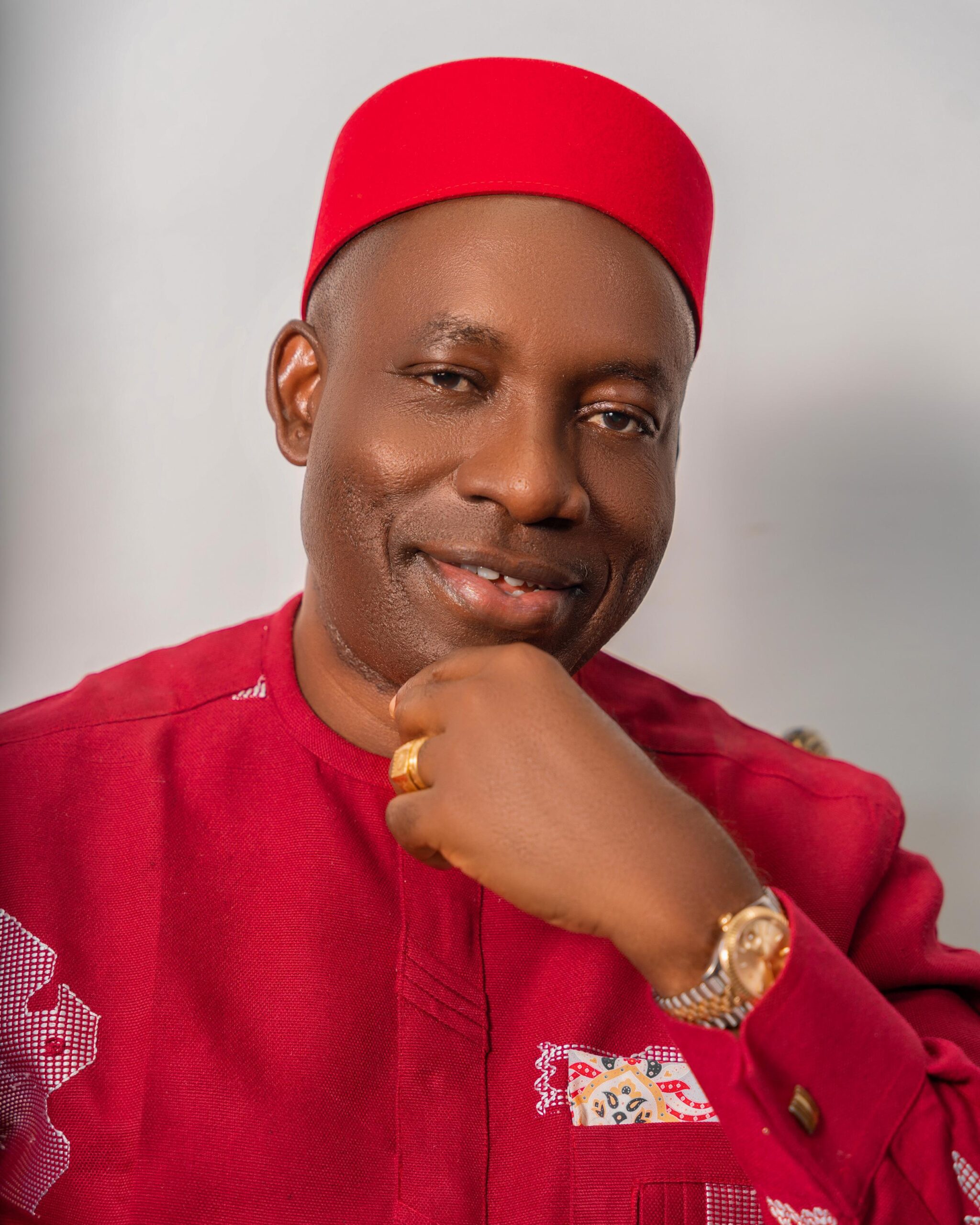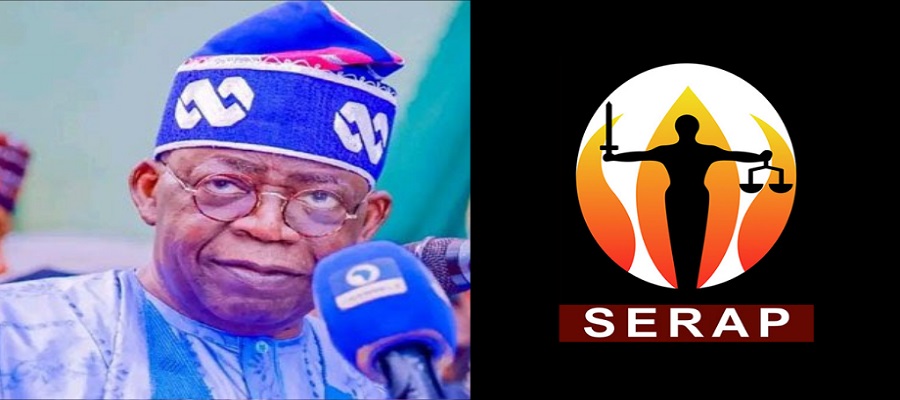News
FG Recovers $750m Linked to Corruption- Lai Mohammed

Economic and Financial Crimes Commission (EFCC) has recovered at least $750 million in local and foreign currency linked to corruption and fraud last year, according to Lai Mohammed, minister of Information and culture.

Nigeria has struggled for decades with endemic corruption among the political elite, who many Nigerians blame for widespread poverty in the country.
But Mohammed said the EFCC last year recovered 152 billion naira ($366 million), $386 million and 1.1 million pounds sterling ($1.50 million) including digital currencies among other proceeds of white-collar crime.
The EFCC investigates and prosecutes corruption in Nigeria. Mohammed did not give details on where the money had been recovered from or from whom.
He added that 96 financiers of terrorism had been found in Nigeria with 424 associates and about 123 companies and 33 exchange bureaux following analysis by Nigerian Financial Intelligence Unit in 2020-2021.
“The analysis has resulted in the arrest of 45 suspects who will soon face prosecution and seizure of assets,” Mohammed told reporters in Abuja.
President Muhammadu Buhari, in his second term in office, was elected largely on his pledge to fight corruption and vowed to recover “mind-boggling” sums of money stolen from Nigeria.
Since then the country has endured two recessions caused by a sharp fall in global oil prices, making the need to recoup lost money more acute. Crude oil sales account for a majority of national income and foreign exchange.
News
EFCC Witness Admits Writing Off Arik Air’s $2.3M Debt Amid N76Bn Fraud Trial


News
Anambra Shines in 2025 E-Governance Rankings, Setting National Standards

Anambra State has once again demonstrated its leadership in digital transformation, emerging as one of Nigeria’s top three states in the 2025 e-Governance Report published by the Panorama CIAPS Governance Performance Index (CGPI).

According to the report — a collaborative effort between Nigerian Panorama and the Commonwealth Institute of Advanced Professional Studies (CIAPS) — Anambra ranks alongside Lagos and Enugu as the leading states in adopting and implementing e-governance practices that foster accountability, transparency, and improved service delivery.
In his remarks, Professor Anthony Kila, Director of CIAPS, emphasized the importance of e-governance in shaping how governments interact with citizens. “The centrality of e-governance allows us to assess the performance of state governments in the country. How the government treats the digital world says a lot about them,” he said.
The report evaluated states based on a comprehensive set of criteria, including website security, up-to-date content, public engagement, availability of online services, policy updates, and user accessibility. Anambra’s performance reflects the state’s deliberate investment in digital infrastructure and its commitment to leveraging technology as a tool for inclusive governance.
Reacting to the recognition, the Managing Director/CEO of the Anambra State ICT Agency, Chukwuemeka Fred Agbata, CFA, described the report as a welcome validation of the efforts being made under the leadership of Prof. Charles Chukwuma Soludo, CFR, to reposition Anambra as a liveable and prosperous smart mega-city.
“This is not just about being tech-savvy,” Agbata said. “It’s about using digital tools to create real impact — making the government more accessible, responsive, and transparent. Anambra is building a digital future that works for everyone.”
The CGPI Report recommended that all states intensify efforts to train public servants, maintain digital platforms effectively, and build user-friendly systems that keep citizens informed and empowered. For Anambra, this recognition serves both as a milestone and a motivation to scale new heights.
As the journey continues, Anambra remains focused on setting the pace for e-governance in Nigeria in line with the Governor’s mantra of Everything Technology & Technology Everywhere.
News
SERAP Urges National Assembly to Reject Tinubu’s $24Bn Loan Request Over Debt Concerns

Socio-Economic Rights and Accountability Project (SERAP) has urged the National Assembly to reject the Tinubu administration’s request to borrow $24 billion, warning that the move would significantly deepen Nigeria’s debt crisis.

In a statement posted on its official X account, the advocacy group warned that the proposed borrowing would raise Nigeria’s total debt stock to an estimated ₦183 trillion—an amount it described as “clearly not sustainable and not in the public interest.”
“The National Assembly must immediately refuse to approve the Tinubu administration’s request to borrow $24 billion,” the group said. “The growing national debt is not sustainable and not in the public interest.”
SERAP expressed concern over the heavy burden of debt servicing, which it said is already consuming a substantial portion of government revenue, leaving little room for critical public investment.
Nigeria’s total public debt is projected to surpass ₦180 trillion following the president’s latest loan request. The borrowing plan includes a proposal for over $21.5 billion in external loans, which equates to ₦33.39 trillion at the official exchange rate of ₦1,590 per dollar. The administration is also seeking approval for a domestic bond issuance worth ₦757.9 billion to settle outstanding pension liabilities.
President Tinubu said the 2025–2026 borrowing plan targets key sectors such as infrastructure, healthcare, education, water supply, security, and employment generation. He noted that the plan is also intended to cushion the economic impact of fuel subsidy removal.
The total loan request comprises $21.5 billion, €2.19 billion, and 15 billion Japanese Yen, alongside a €65 million grant. Tinubu assured lawmakers that the funds would be directed toward development projects across all 36 states and the Federal Capital Territory, with emphasis on rail networks, healthcare infrastructure, and poverty alleviation programs.
On pension-related borrowing, the president explained that the proposed bond issuance is aimed at clearing backlogs under the Contributory Pension Scheme. The measure, he added, has already received approval from the Federal Executive Council and is expected to improve retirees’ welfare, restore trust in the pension system, and inject liquidity into the economy.
Nigeria’s public debt has surged in recent years, rising by 48.6% in 2024 to ₦144.66 trillion—up from ₦97.34 trillion in 2023. The Federal Government accounts for 95% of that total.

 E-Financial3 days ago
E-Financial3 days agoEFCC Recovers over N20Bn Stolen by Hackers from 6 Banks in Nigeria

 Telecom3 days ago
Telecom3 days agoEngr. Ikechukwu Nnamani Receives Two Prestigious @ABoICT Awards

 E-Business2 days ago
E-Business2 days agoNigeria Among Hotspots as Kaspersky Warns of Rising Ransomware Threat in Africa

 Telecom3 days ago
Telecom3 days agoFG to Deploy 80 Percent of 7000 Telecom Towers to North

 E-Financial2 days ago
E-Financial2 days agoFidelity Bank Plc Wins 2025 DBN Innovation Award for MSME Support

 E-Financial3 days ago
E-Financial3 days agoPonzi Scheme Operators Risk N10m Penalty, Others- IST Chair

 News3 days ago
News3 days agoEFCC Recovers Funds, Arrests Suspects in N1.3 Trillion CBEX Crypto Fraud

 E-Financial3 days ago
E-Financial3 days agoUBA Launches *919# Advance Top-Up Feature for Instant Access to Customers






















